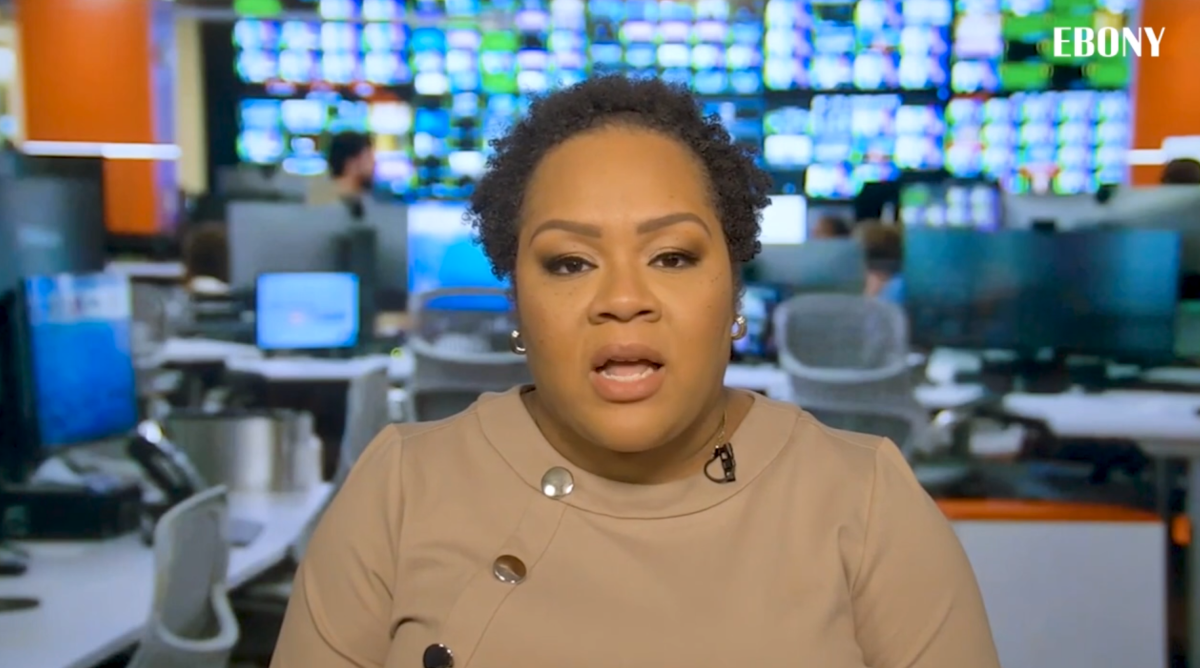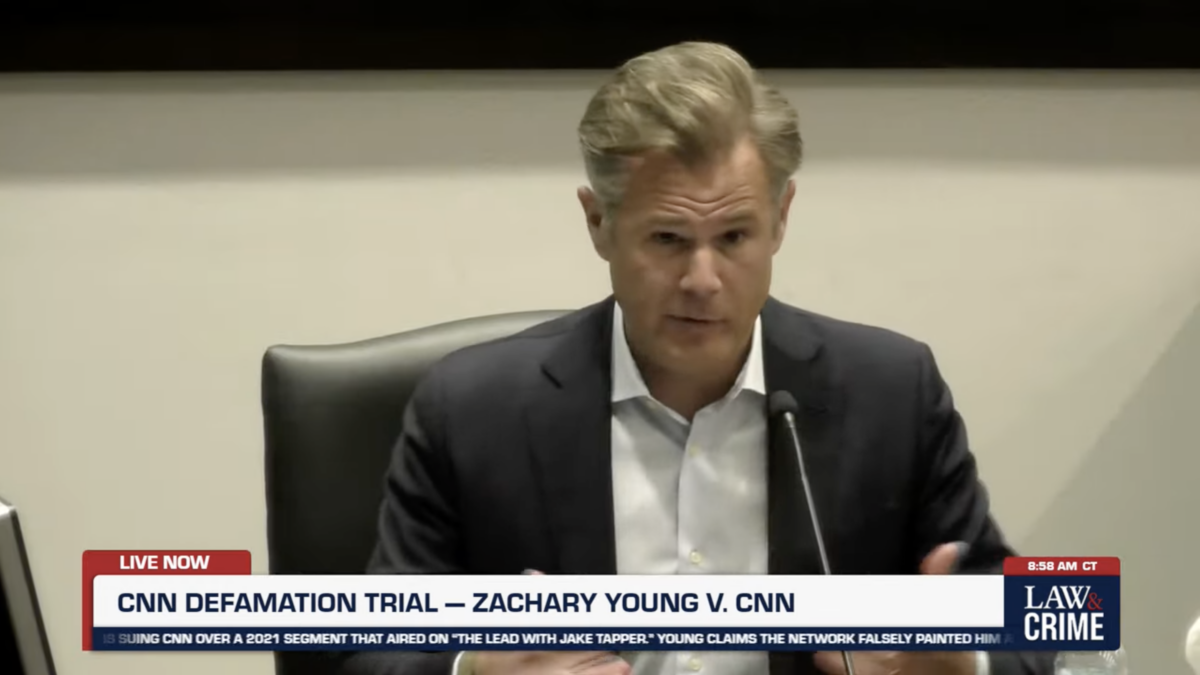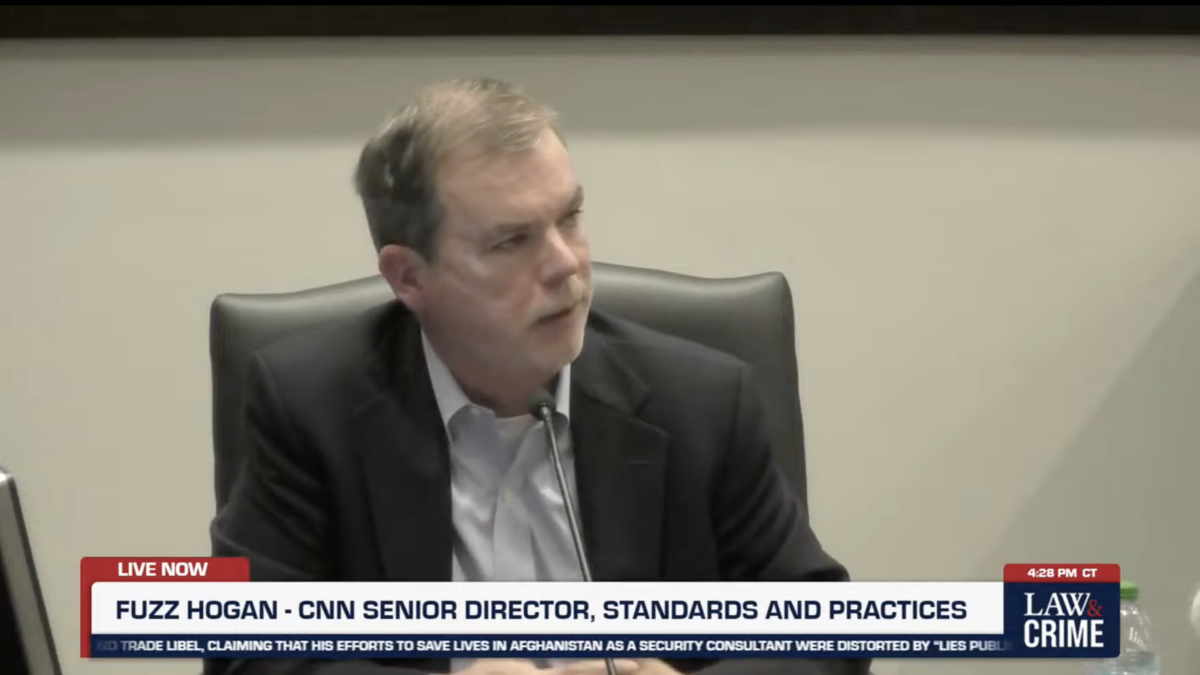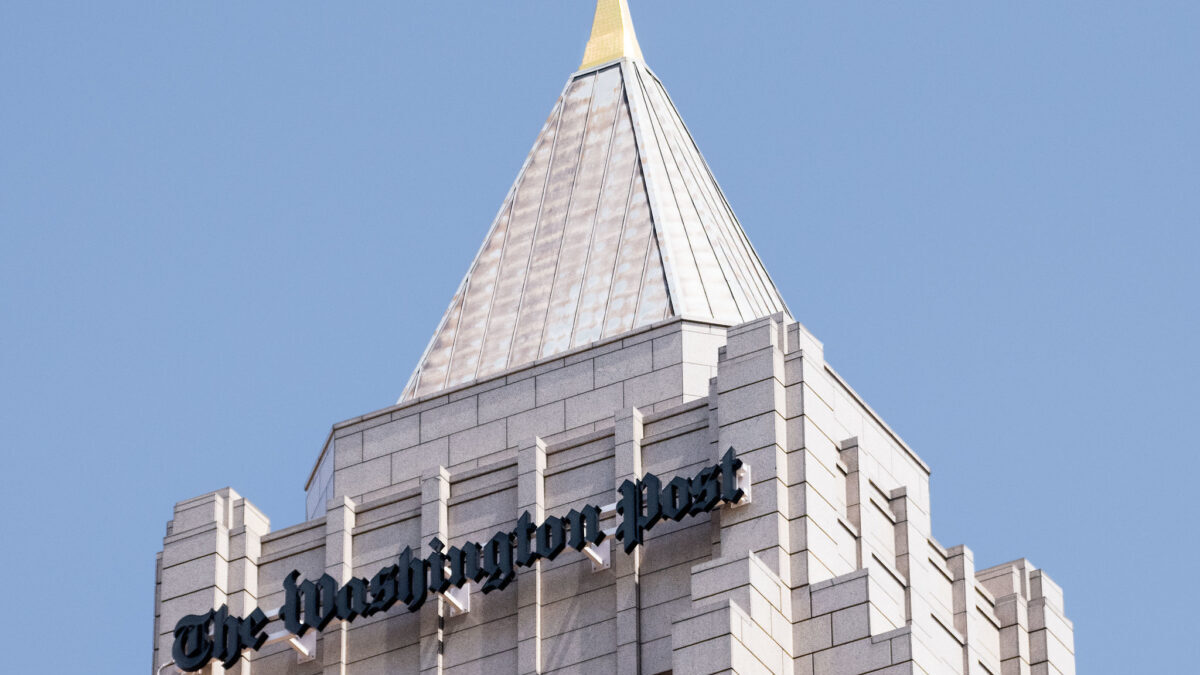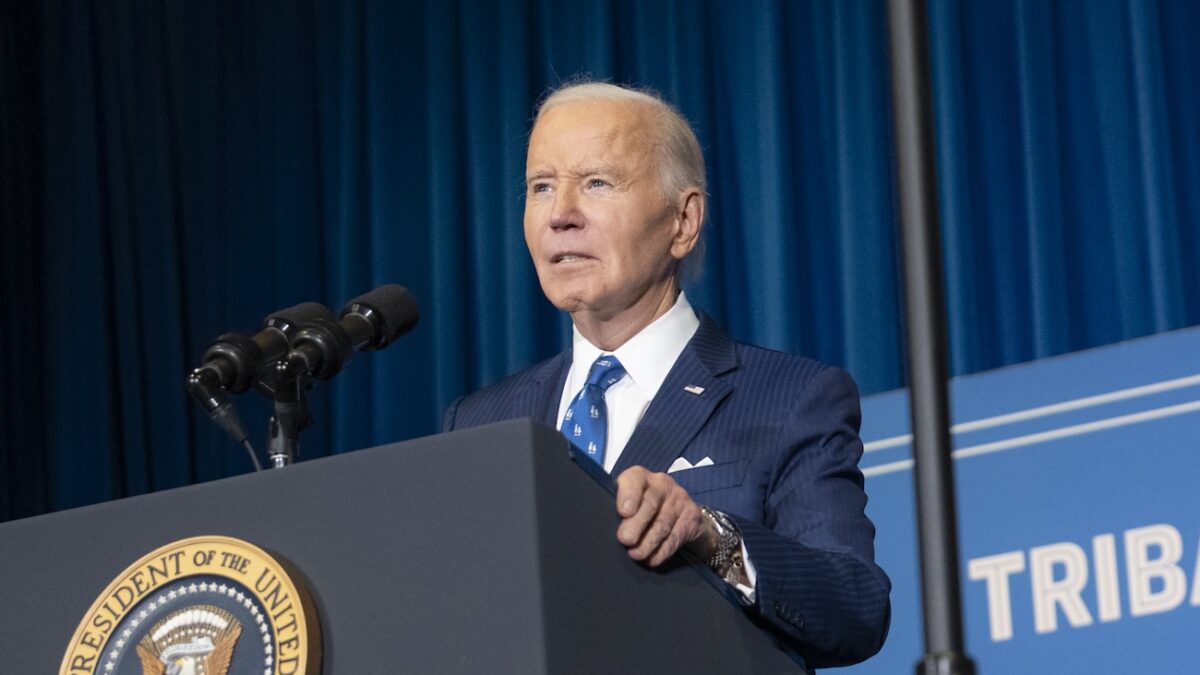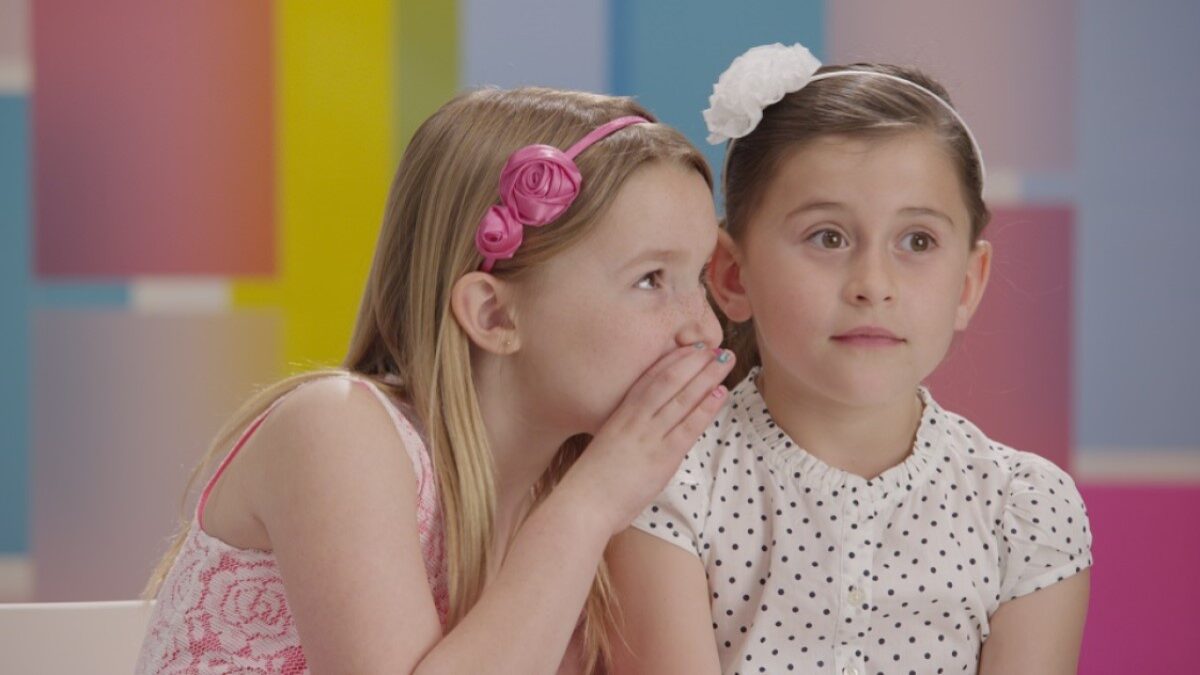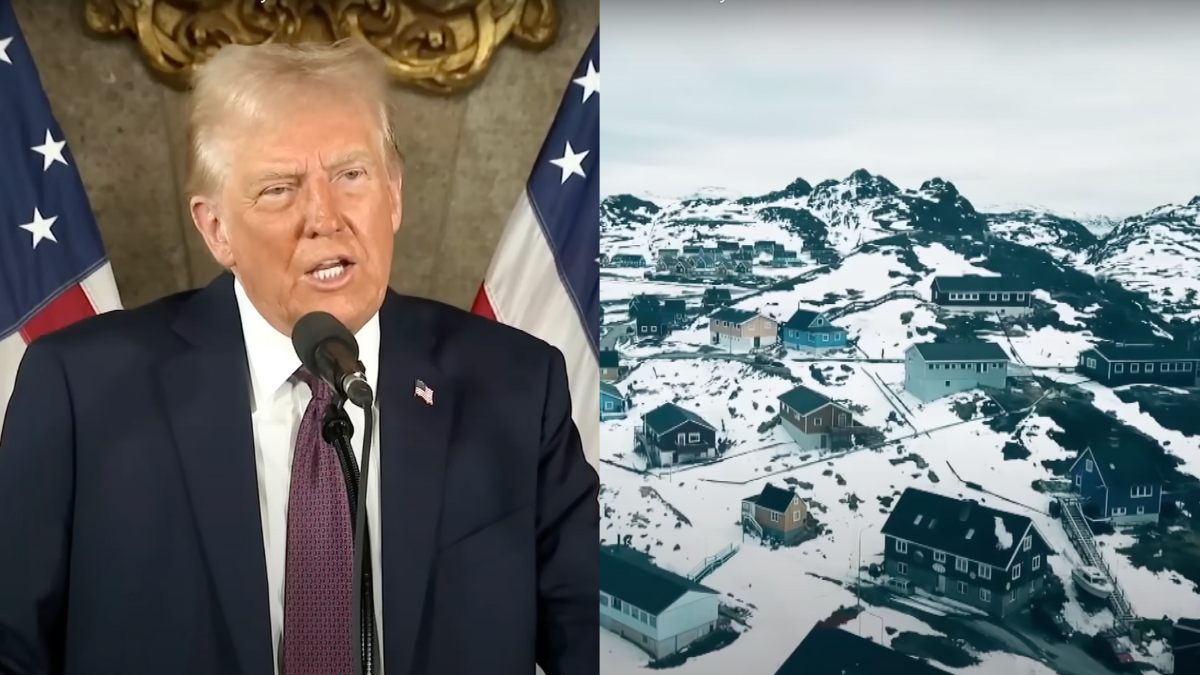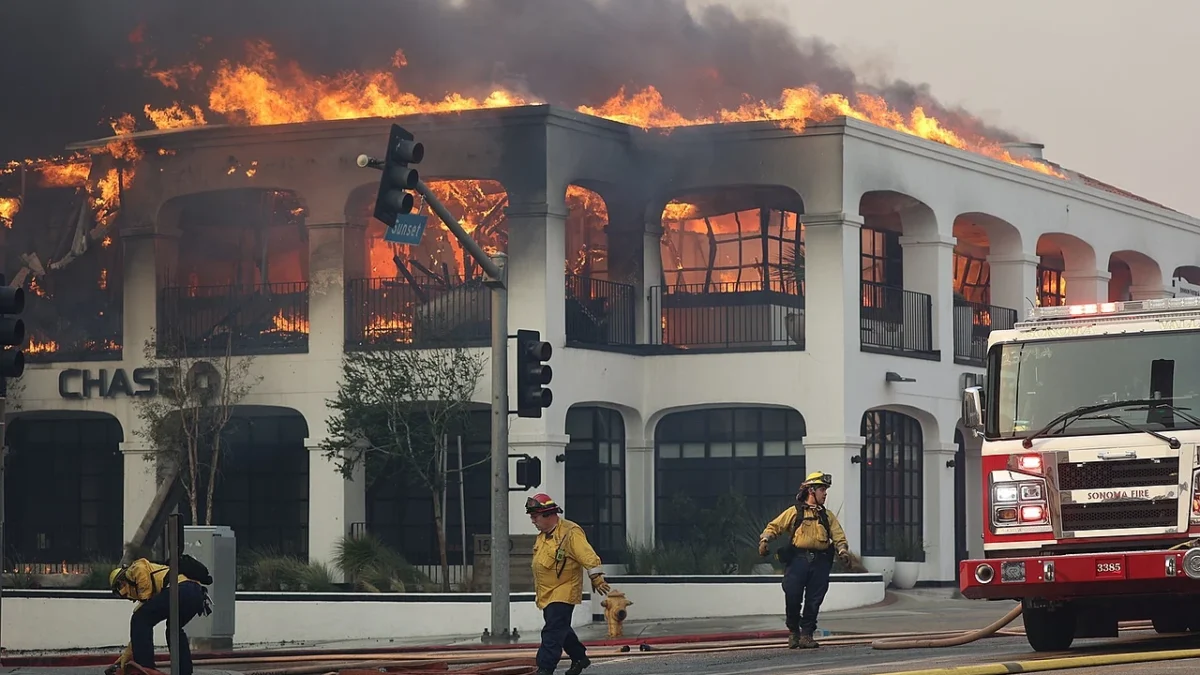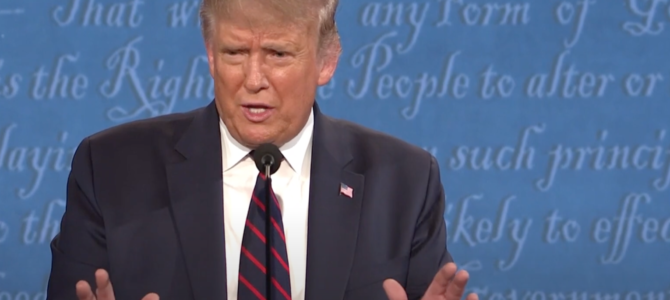
Here’s a sampling of headlines in major news outlets that purported to capture an exchange on white supremacy between President Trump, Joe Biden, and moderator Chris Wallace during Tuesday night’s debate.
Trump refuses to denounce white supremacy, says ‘stand back and stand by’ on Proud Boys movement
Trump sidesteps call to condemn white supremacists, points to extremism on the left
Donald Trump refuses to condemn white supremacists at presidential debate
Trump Refuses to Condemn White Supremacy, Instead Telling Far-Right Group: ‘Stand Back and Stand By’
Trump does not condemn white supremacy, tells far right group Proud Boys to ‘stand by’
Trump Refuses To Condemn White Supremacists — Tells Proud Boys To ‘Stand By’
Now compare those headlines to the transcript they claim to describe, and pay particular attention to Trump’s first response, which the bulk of the coverage glosses over.
WALLACE: “Are you willing tonight to condemn white supremacists and militia groups…”
TRUMP: “Sure…”
WALLACE: “And to say that they need to stand down and not add to the violence in a number of these cities as we saw in Kenosha, and as we’ve seen in Portland”
TRUMP: “Sure, I’m prepared to do it, but I would say almost everything I see is from the left-wing not from the right-wing. I’m willing to do anything, I want to see peace…”
WALLACE: “Then do it, sir.”
BIDEN: “Do it, say it.”
TRUMP: “What do you want to call them? Give me a name.”
WALLACE: “White supremacists and right-wing militias”
BIDEN: “Proud Boys”
Trump: “Proud Boys, stand back and stand by. But I’ll tell you what, somebody’s got to do something about Antifa and the left.”
Chris Wallace: "Are you willing, tonight, to condemn white supremacists and militia groups and to say that they need to stand down…"
Trump: "Proud Boys, stand back and stand by! But I'll tell you what, somebody's got to do something about antifa and the left." pic.twitter.com/4vrPocKzcu
— Axios (@axios) September 30, 2020
It is absolutely accurate that Trump told the Proud Boys to “stand back and stand by.” I, like many others, interpret that statement to be insufficiently critical (although personally I think it had to do more with Trump’s sloppy speaking style and hostility towards the question than any nefarious motivations). My interpretation, however, does not constitute a fact.
The fact is that Wallace specifically asked Trump if he was “willing tonight to condemn white supremacists and militia groups,” and Trump immediately replied, “Sure.” That is incontrovertible. It is not an interpretation. It is also not reflected whatsoever in the headlines that are currently blaring incorrect information to millions of readers.
The counterargument is that Trump’s statement on the Proud Boys was not a condemnation, thus it’s accurate to say he “refused to condemn white supremacy” on the basis that the Proud Boys are a proxy for it. When asked clearly to condemn white supremacy, however, Trump said “sure.” The coverage, then, should reflect that he condemned white supremacy, even if it also reports on the Proud Boys line.
That line is still murky. Is telling them to “stand back” not a condemnation? If so, did he undercut “stand back” with “stand by”? Trump is not an easy politician to cover because he doesn’t speak like a normal politician. Nevertheless, the fact remains that he said “sure” when asked directly to condemn white supremacists. I’m of the opinion that interpreting it as a “refusal” is wrong, but either way he condemned white supremacists in the first part of his exchange with Wallace.
It’s as simple as that. Maybe you think “sure” is insufficient or indicative of a deeper disinterest in the issue. Maybe you think there’s a difference between being “willing” to do something and actually doing it. (If, like George Conway, that’s your take, you still have to explain whether being “willing” to do something is the same as “refusing.”) Maybe you think Trump’s “stand back and stand by” line was almost encouraging. Some people probably saw it as a condemnation. Others may have been displeased. These are all opinions. They are not facts.
Stating as a fact that Trump did not “condemn” white supremacy during the debate is misinformation, plain and simple. He was asked directly to condemn white supremacists, and he did.
The coverage of this exchange is a depressing case study in why the media deserves growing public distrust. These headlines reflect anti-Trump interpretations of the moment, not the reality of what Trump explicitly said—and on an extremely serious issue about which voters deserve to know the absolute truth.


